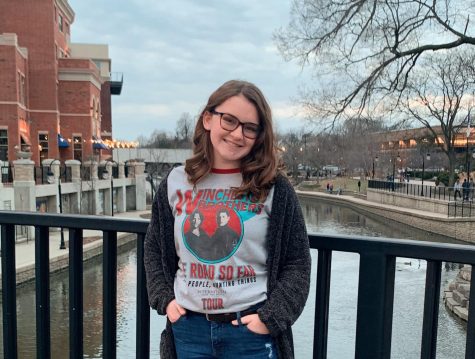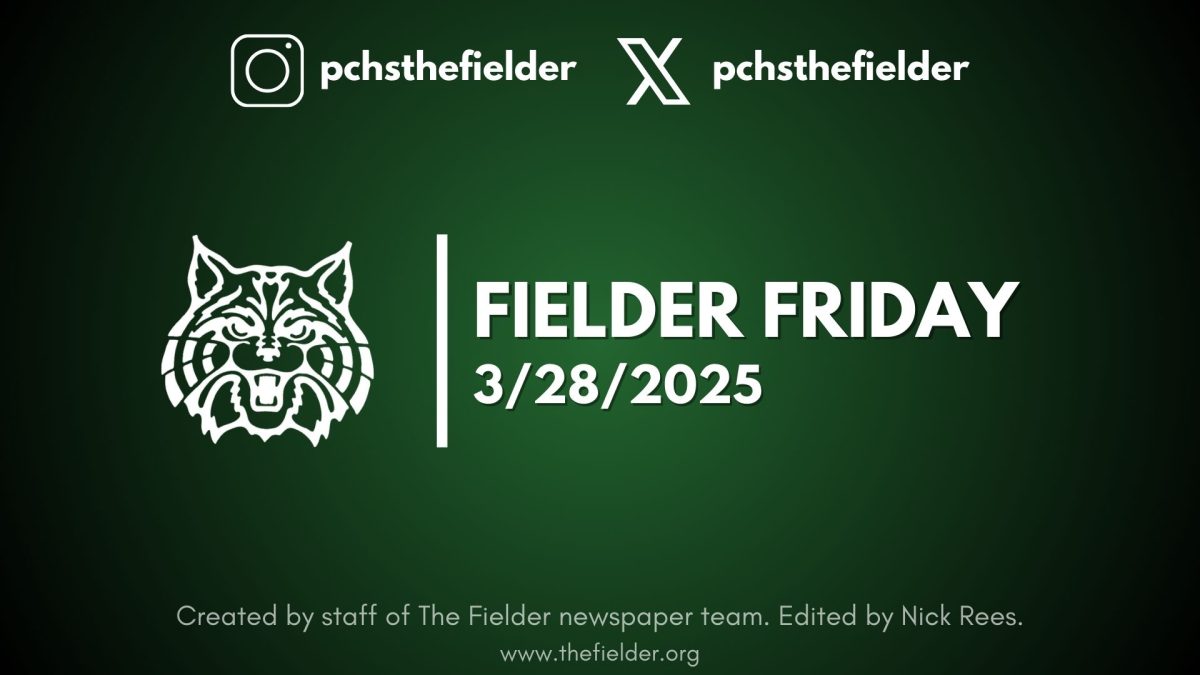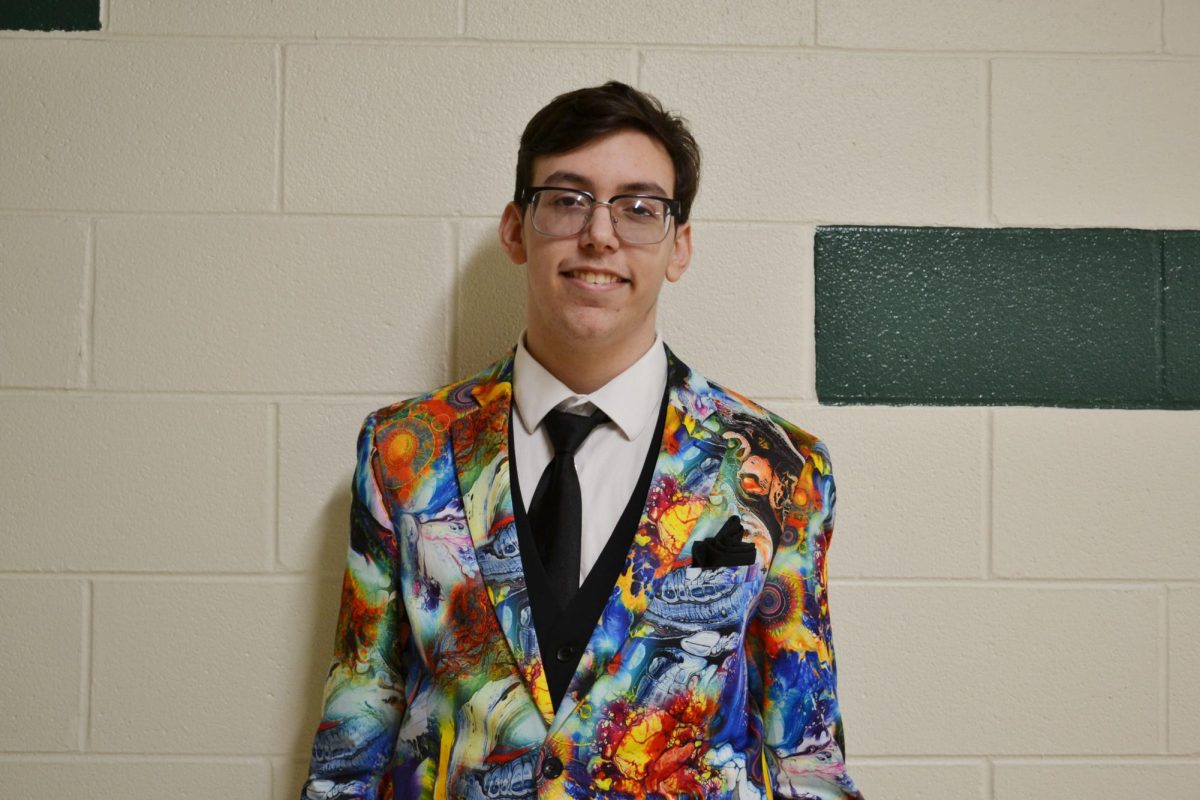400 million cups of coffee are consumed by Americans per day. Coffee is an essential part of most people’s morning because they believe if they don’t have it, they’ll be cranky for the rest of the day.
16% of students drink coffee every day, and of those students, 25% say they are addicted, according to a recent Fielder survey. That amounts to roughly 82 students.
Withdrawal from coffee causes headaches, sleepiness, anxiety, depression, and irritability according to caffeineinformer.com. These symptoms most likely last a couple of days, but if severe, they can last more than two months.
“I get really bad migraines if I neglect to drink some type of caffeine,” Lennon Custer, senior said. She says the withdrawals affect her, but it’s not as severe as others.
Coffee typically starts people’s day, so they are more alert, especially in class.
“I have to drink coffee because I barely get sleep at night. If I don’t drink it, I’m super tired during the school day and experience headaches,” Rachel Holtz, junior, said.
On the other hand, some people have these symptoms the first time they drink coffee. They might have it once and they will have a headache and be shaky.
“[Coffee] makes my heart beat fast and makes me feel funny,” Jalen Denson, junior, said.
Denson thinks his peers are addicted to coffee because he always sees them with some sort of it. He says it should not be heavily promoted to teens due to the effects.
“It has been reported that a high daily intake can cause nervousness and jitteriness, which may cause students to feel a form of anxiety,” Denson, said.
Studies show that 83.2% of teenagers drink caffeine regularly and 96% drink it on occasion according to healthblog.uofmhealth.org. The healthy amount of caffeine teens could consume is about one cup
(8 ounces) per day.
Amber Briddick, dean, says she drinks about a pot of coffee a day, equivalent to 12 cups. For example, Dunkin Donuts small coffee is a cup and the medium are twice that size.
“I like to say I live on coffee,” Briddick said.
Some people never feel the same when they stop drinking coffee because their dopamine levels in their brain change according to science.howstuffworks.com. People are becoming addicted to caffeine because it’s a drug.
Caffeine is a stimulant drug like cocaine and nicotine, both addicting drugs. However, it affects people differently based on tolerance, health, and the amount taken.
There are a lot of benefits to drinking coffee like feeling more alert, burning fat, and reducing depression. However, it could be deadly.
In extremely rare cases, someone can die from around 50 grams of caffeine. Someone who is overdosing from caffeine could feel nauseous, irregular heart rate, tremors, panic attacks, and seizures according to healthline.com.
Drinking more than one cup of coffee daily could cause insomnia, muscle weakness, dizziness, and stunted growth, according to verywellhealth.com.
Even teens who drink only one cup of coffee also reduce their chances of getting eight hours of sleep that night.
Students experience coffee addiction
October 17, 2019
0
More to Discover
About the Contributor

Hannah Kopek, Editor-in-Chief
Hi! I am Hannah, and I am one of the Editors-in-Chief this year. I dabble in the arts as well as watch a ton of movies and make obscure history references. I was a sectional champion and state qualifier for advertising this past year. :)









